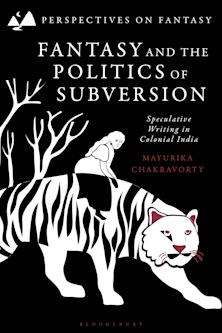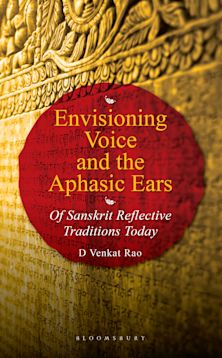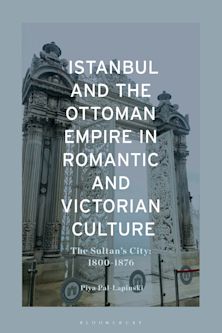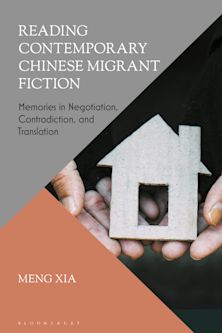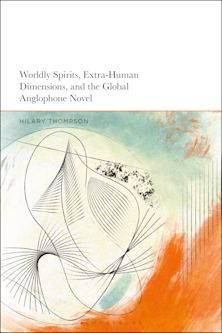- Home
- ACADEMIC
- Literary Studies
- Asian Literature
- American Haiku, Eastern Philosophies, and Modernist Poetics
American Haiku, Eastern Philosophies, and Modernist Poetics
American Haiku, Eastern Philosophies, and Modernist Poetics
You must sign in to add this item to your wishlist. Please sign in or create an account
Description
American Haiku, Eastern Philosophies, and Modernist Poetics traces the genesis and development of haiku in Japan as it transformed over the years and eventually made its way to the Western world. Yoshinobu Hakutani analyzes the prominent Eastern philosophies expressed through haiku, such as Confucianism and Zen, and the aesthetic principles of yugen, sabi, and wabi. Hakutani discusses several reinventions of haiku, from Matsuo Basho’s transformation of the classic haiku, to Masaoka Shiki’s modernist perspectives expressing subjective thoughts and feelings, and eventually to Yone Noguchi’s introduction of haiku to the Western world through W. B. Yeats and Ezra Pound. Hakutani argues that the adoption and transformation of haiku is one of the most popular East-West artistic, cultural, and literary exchanges to have taken place in modern and postmodern times.
Table of Contents
Introduction
Chapter 1: The Genesis and Development of Haiku in Japan
Chapter 2: Classic Haiku Tradition
Chapter 3: Modernist Haiku Poetics
Chapter 4: Ezra Pound, Imagism, and Haiku
Chapter 5: Richard Wright's Haiku and Modernist Poetics
Chapter 6: Wright's Haiku, Zen, and the African “Primal Outlook upon Life”
Chapter 7: Jack Kerouac's Haiku and Classic Haiku Poetics
Chapter 8: Kerouac's Haiku and Beat Poetics
Chapter 9: Kerouac's Haiku and The Dharma Bums
Chapter 10: Sonia Sanchez's Haiku and Blues Poetics
Chapter 11: James Emanuel's Jazz Haiku
Bibliography
About the Author
Product details
| Published | 29 Oct 2020 |
|---|---|
| Format | Ebook (PDF) |
| Edition | 1st |
| Extent | 236 |
| ISBN | 9781978789647 |
| Imprint | Lexington Books |
| Illustrations | 3 tables; |
| Publisher | Bloomsbury Publishing |
About the contributors
Reviews
-
This comprehensive study sheds new light on the development of modernism, especially in Japanese, American, and African American haiku poetry. Hakutani’s discussion of Yone Noguchi’s influence on Ezra Pound significantly revises our understanding of how Imagism emerged, and he persuasively demonstrates Richard Wright’s engagement with classic haiku poets as well as modernists such as Masaoka Shiki and T. S. Eliot. Hakutani’s deep knowledge of Buddhist and Confucian philosophies, and of the aesthetics of haiku, the blues, and jazz, makes him an indispensable guide to the cross-cultural poetic achievements of W. B. Yeats, Jack Kerouac, Sonia Sanchez, James Emanuel, and others.
Anita Patterson, Boston University

ONLINE RESOURCES
Bloomsbury Collections
This book is available on Bloomsbury Collections where your library has access.













